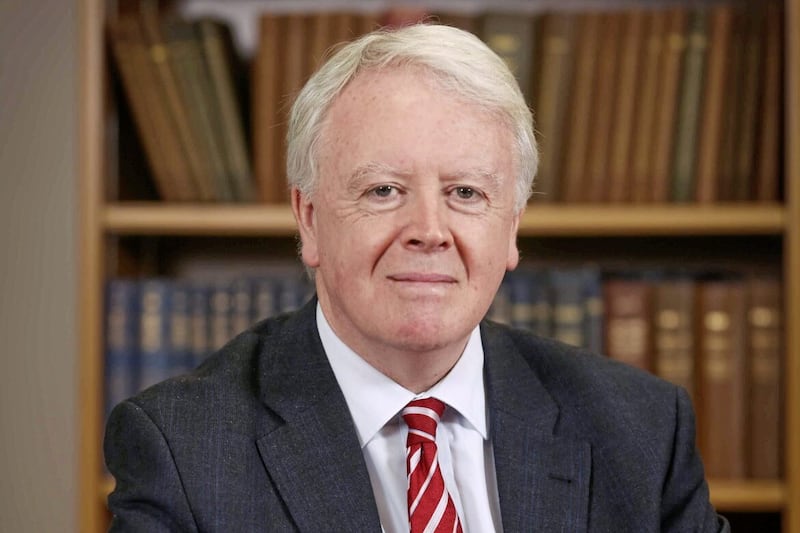For almost twenty years Stormont's periods of stable government have been preceded by lengthy negotiations. No matter how complex the discussions, or how apparently intractable the issues, our politicians always reached agreement, often after pre-determined deadlines had long since passed.
Today is the final date for the parties to agree on forming a government, following the recent Assembly election. For Stormont, it is another day, another deadline.
This time, the issues are no less complex than in previous negotiations. They fall into two broad categories.
The first centres on the reasons for the Stormont's collapse in January. These have largely been addressed by establishing an inquiry into the Renewable Heat Incentive.
In that context, willing minds can reach a compromise on Arlene Foster's status during the period of the inquiry and on some of the terse exchanges, which occurred during the election campaign.
The second set of issues is apparently more challenging. These include matters which appeared to have been previously agreed, but which have not been subsequently addressed to both sides' satisfaction. They cover a wide range of subjects from dealing with the legacy of the past to an Irish language act.
It would be wrong to underestimate the difficulties which these and related issues raise for all parties during the negotiations. However, it may help to focus minds by considering the two possible alternatives if agreement is not reached.
The first is another Assembly election, which neither politicians nor the electorate want. Indeed, another divisive election campaign and a largely similar result might make future negotiations even more challenging.
The second alternative is direct rule, which few favour here, in London or in Dublin. It may be difficult to find a way out of the present negotiations, but Stormont's politicians have no other options.
They were not elected so that we could return to the polls. They were not elected to bring us rule from Westminster. They were returned to Stormont to respect the democratic will of the people, which clearly favours a return to a fully functioning, devolved government.
This aspiration has recently received support from several influential sources, ranging from Bill Clinton to Irish church leaders. The growing list of social and economic issues which our society faces also makes agreement imperative, particularly the looming challenge of addressing the implications of Brexit.
Although it is desirable, it is not crucial that they reach agreement today. It is better for them to get it right late, than to abandon the talks on time. Postponing another deadline to another day is not an ideal outcome, but failure for these talks is simply not an option. There is no alternative to reaching agreement.







